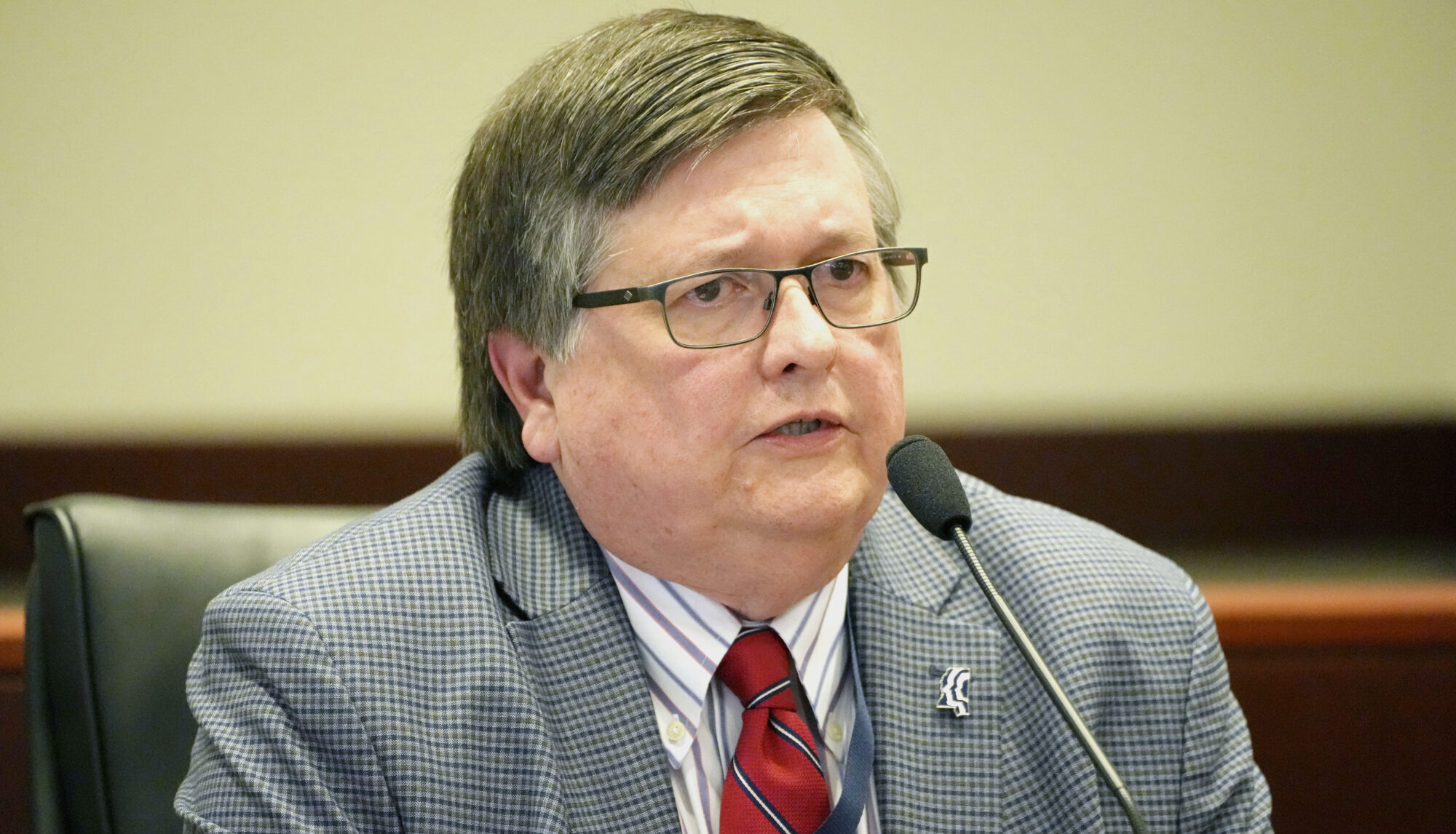A bill in the Mississippi House passed this week called the Sexual Prevention in Universities and Community and Junior Colleges Act. Ostensibly, it creates a new legal construct for investigating and adjudicating sexual assault on college campuses.
House Bill 1039, sponsored by Rep. Angela Cockerham, is unquestionably well-intentioned. It also addresses a growing issue, or at the very least spotlights an issue that is more prominently coming into focus in society. However, it’s bad prospective legislation that nearly unanimously passed the MS House and is heading to the Senate. It does have a reverse repealer on it, so it’s not in any immediate danger of passage.
Colleges and Universities are well-equipped to do two things. Educate young people and provide for their growth via extracurricular activities. What they are distinctly not equipped to do is to act as a quasi-legal investigative body for what are unquestionably crimes.
When sexual assault of any sort occurs, there’s a forum for that. It’s called the judicial system. If one student truly assaults or commits a crime against another student, that’s a matter for the police and the courts. Period. Having a system of quasi-legal investigation where an educational institution has a mandated legal framework on how to handle alleged victims and alleged perpetrators is a recipe for disaster and will perversely make justice more difficult to attain for all involved.
The legislation is littered with language like “survivor-centered”, which automatically tips the scales of due process regardless of the circumstances. It goes through the motions of defining consent and then says, “Nothing in this section prevents a higher education institution from defining consent in a more demanding manner.” That means the definition of consent, that an institution could effectively act on, could vary from campus to campus and even from time to time.
Here’s a description of their procedure.
(c) The higher education institution’s procedure for responding to a report of an alleged incident of sexual violence, domestic violence, dating violence, or stalking, including without limitation (i) assisting and interviewing the survivor, (ii) identifying and locating witnesses, (iii) contacting and interviewing the respondent, (iv) contacting and cooperating with law enforcement, when applicable, and (v) providing information regarding the importance of preserving physical evidence of the sexual violence and the availability of a medical forensic examination at no charge to the survivor.
That means this law would put an educational institution in the business of identifying and interviewing witnesses. That is just plainly a job for law enforcement.
Do educational institutions have a role to play in lessening unwanted sexual assault? Yes. They can play an enormously constructive role in educating students. Further, they can help play a role in mitigating non-criminal disputes between students. But when a real crime occurs despite everyone’s best intentions for prevention, both the accused and the accuser have rights and due process clearly defined in the criminal code. And nothing, and especially an educational institution “investigation”, should interfere with that.
Here’s a flowchart.
Has a sexual assault related crime occurred?
1. If yes, call the police
2. If not sure, call the police
3. If no, mitigate dispute between parties fairly using existing campus guidelines. If still not sure, see #2.
This bill can’t be good news for prosecutors or law enforcement. These types of matters are difficult enough to deal with already. We have people in our society that are specifically trained to intervene in these matters. They’re called police, prosecutors and judges. Let’s not get our institutions of higher learning in the way of that.
There are maybe a few parts of this bill worthy of passage, but on the whole, the new law as currently drafted will create many more problems than it purports to solve. Nevertheless, it’s our #msleg . . . #billoftheday.






